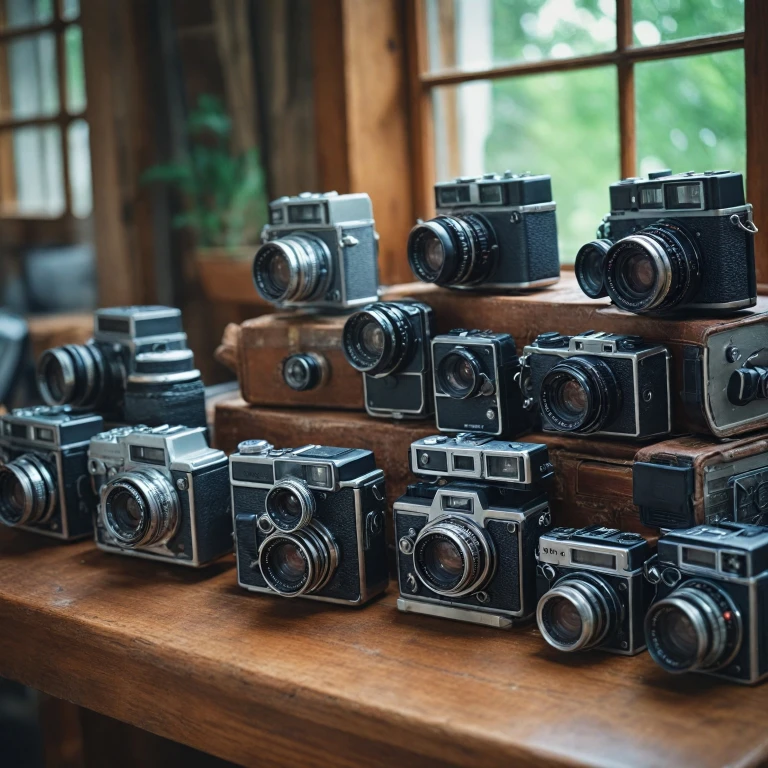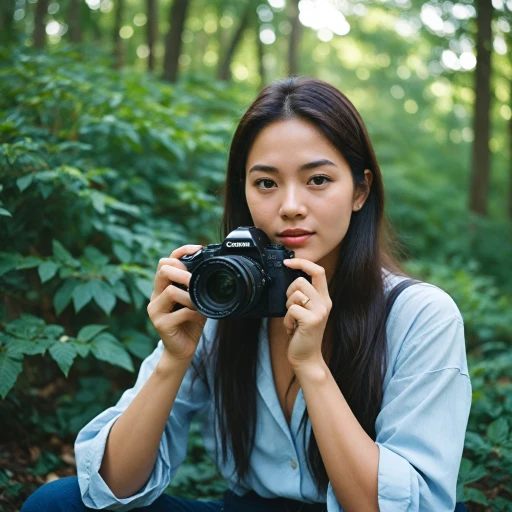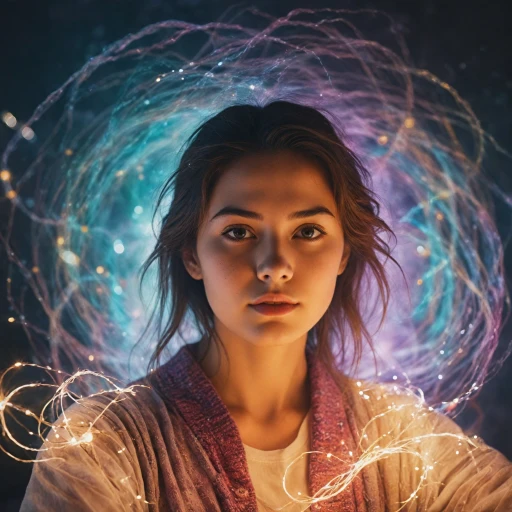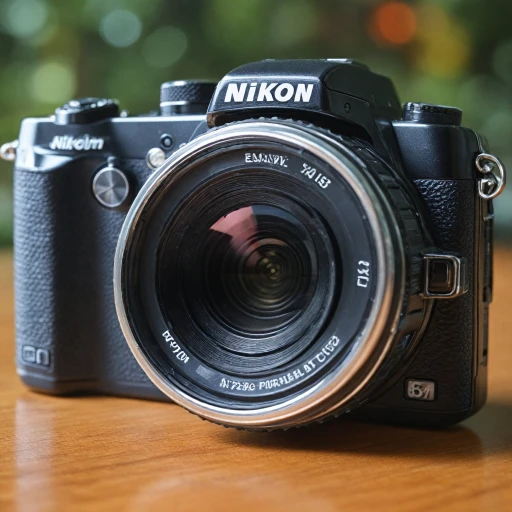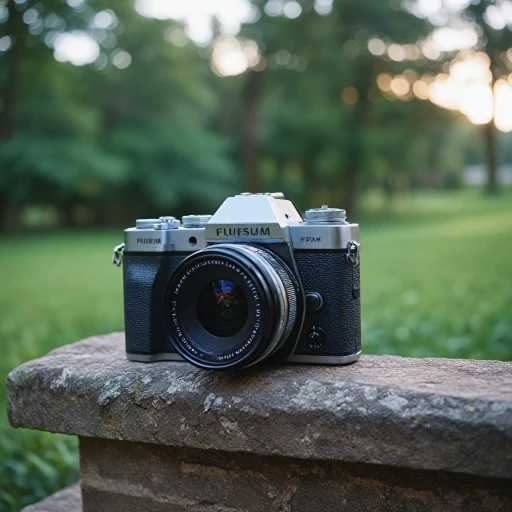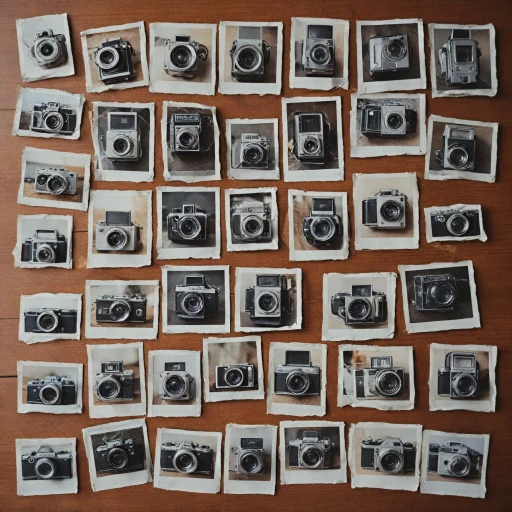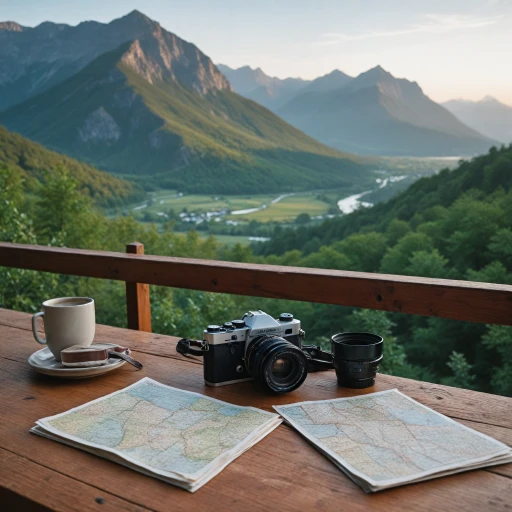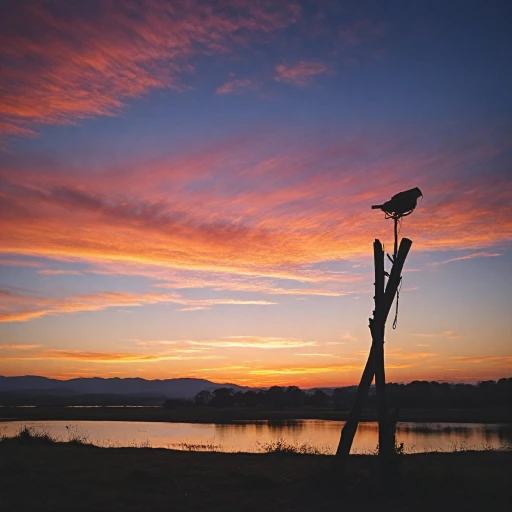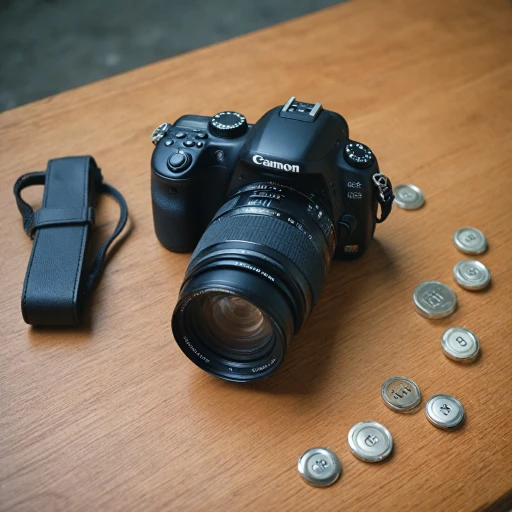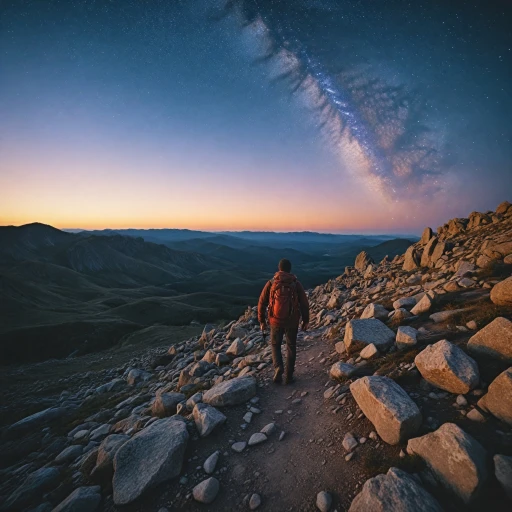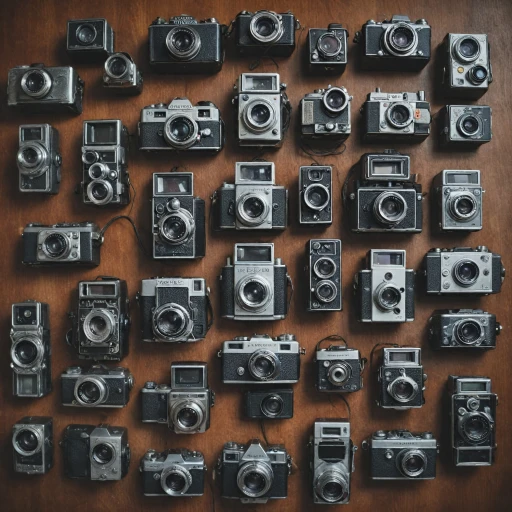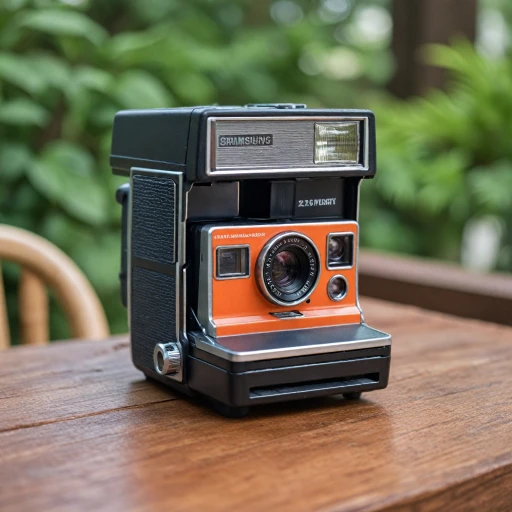
Understanding the Appeal of Film Cameras
The Timeless Allure of Film Photography
Film cameras have an undeniable retro appeal and offer a hands-on photographic experience that digital cameras often can't replicate. Despite the rise of digital technology, many photography enthusiasts are drawn to film's tangible and immersive nature. The texture and depth of film photography often deliver a unique quality that digital images may lack.
With film cameras, photographers have the opportunity to explore different types of film to achieve distinct looks. Brands like Nikon, Canon, Pentax, and Minolta offer a variety of bodies and lenses to suit any shooting style. Whether you're interested in the vivid colors of Kodak Ektar or prefer experimenting with half frame formats, film photography invites creativity and experimentation.
Moreover, shooting with film forces photographers to think more critically about each shot due to the limited exposures per roll and the potential costs involved in developing. This added layer of deliberateness can be refreshing for those accustomed to the immediacy of digital.
For enthusiasts considering taking the plunge into film, examining the characteristics and nuances of various vintage cameras can further enrich your understanding of this enduring art form. Embracing the world of film photography is not just about capturing images; it's about savoring the process and discovering new perspectives.
Key Features to Look for in a Film Camera
Essential Qualities to Consider
When exploring the vibrant world of film photography, choosing the right film camera is crucial for both the art and technical aspects of your work. Although digital cameras reign in today's photography scene, film cameras offer a unique aesthetic and shooting experience that many photographers still cherish. Here are some of the key features to consider when selecting a film camera:- Camera Type: Determine whether a point-and-shoot, SLR, or rangefinder suits your style best. Point-and-shoot cameras like the Minolta Hi-Matic are great for casual and spontaneous photography, while SLRs such as the Nikon and Canon EOS offer greater control with interchangeable lenses.
- Lenses: The versatility of a camera is often determined by its lenses. Interchangeable lens systems, like those available for Canon and Nikon SLRs, allow you to explore different focal lengths and zoom capabilities. Look for a camera with good lens availability. Brands like Canon and Pentax have a wide range of lens options.
- Build Quality and Durability: Film cameras like the Canon AE-1 and Nikon FM2 are known for their robust construction. A well-designed camera body is likely to withstand years of shooting without substantial wear, making it a wise investment.
- Manual vs. Automatic: Deciding between manual focus and automatic settings can significantly impact your shooting style and learning curve. Cameras that offer both, such as the Canon Program cameras, give more flexibility for various photography experiences.
- Film Format: Consider whether you prefer shooting with 35mm, medium format, or half-frame cameras like the iconic Olympus Pen. Each format has its own charm and impact on your final photos.
- Price: Film cameras range widely in cost. A budget-friendly option like the Pentax K1000 might offer all you need as a beginner, while professional cameras like the Nikon F6 or Canon EOS-3 come with a higher price tag but offer extensive features.
Top Film Cameras for Beginners
Beginner-Friendly Film Cameras to Start Your Journey
Transitioning to film photography can be an exciting adventure. For those just stepping into the world of film cameras, it's important to start with models that are user-friendly and reliable. Here are some top picks that combine these qualities.- Canon AE-1: Renowned for its simplicity and durability, the Canon AE-1 is often the go-to choice for beginners. This film camera offers a manual shooting mode alongside automatic program features, providing flexibility as you learn the ropes.
- Nikon FM10: A solid contender for entry-level film photography, the Nikon FM10 offers basic controls that help beginners grasp the essentials of exposure and composition. The camera's versatility makes it a great tool for growth.
- Minolta X-370: One of the most affordable options, this camera offers features that are typically found in higher-end models. Its lightweight structure and user-friendly interface make it ideal for those learning film photography.
- Pentax K1000: Often hailed as one of the best educational SLR cameras, the Pentax K1000 is simple enough for a novice but robust enough to grow with your skills. Its mechanical build ensures it remains operational without dependence on batteries for everything.
- Canon EOS Rebel G: For beginners interested in exploring wider possibilities, the Canon EOS Rebel G offers the convenience of a point-and-shoot combined with the capability of an SLR. It's versatile, allowing you to experiment as your understanding of film photography deepens.
Best Film Cameras for Professionals
Film Cameras Tailored for Professional Photographers
For professionals aiming to harness the distinct qualities of film, certain cameras stand out due to their exceptional capabilities. These cameras not only offer advanced features but can also influence the storytelling aspect of your photography.- Nikon F6: Often regarded as one of the last great professional film cameras by Nikon, the F6 features a robust build, making it suitable for extensive shoots. With its high-precision matrix metering and compatibility with a vast array of Nikon SLR lenses, it ensures your images are always sharp and vibrant.
- Canon EOS-1V: A favorite among many professionals, the Canon EOS-1V boasts advanced autofocus capabilities and can shoot up to 10 frames per second. It pairs seamlessly with a variety of Canon EOS lenses, offering flexibility in capturing diverse scenes.
- Pentax LX: Known for its versatility, the Pentax LX offers great reliability. Its weather-resistant design and modular components allow for customization, making it a trusted choice for professionals working in unpredictable environments.
- Minolta X-700: With its program exposure mode, this camera is celebrated for its simplicity and ease of use, without compromising on quality. The Minolta X-700 is perfect for those who prefer a blend of manual and automatic shooting options.
- Mamiya 645: For photographers inclined toward medium format photography, the Mamiya 645 provides astounding detail and depth in images. It supports a variety of Mamiya lenses, making it an ideal choice for capturing expansive landscapes and fine art photography.
- Hasselblad 500C/M: As an icon in the realm of film photography, the Hasselblad 500C/M with its modular design offers superior image quality, making it an unparalleled choice for studio photography and intricate portraits.
Maintaining and Caring for Your Film Camera
Keep Your Camera Rolling: Essential Maintenance Tips
Ensuring your film camera remains in top condition for years to come requires regular maintenance and care. Here are some key practices to keep your equipment, whether it's a Nikon, Canon, Minolta, Pentax or any other brand, delivering excellent performance during every shoot.- Clean the Lens Regularly: A clean lens is crucial for capturing clear and sharp photos. Use a microfiber cloth designed for optics and avoid using any harsh chemicals that may damage the lens surface. Regular lens cleaning will maintain your camera's ability to produce stunning images.
- Check the Battery and Electronics: Always ensure that your camera's electronic components are in good working condition. Regularly test and replace batteries if needed, especially in SLR models like the Canon EOS or Nikon SLR cameras, to avoid interruptions during shooting.
- Store Wisely: Proper storage is key. Keep your camera body and lenses in a dry, dust-free environment. Consider using a dedicated camera bag, and for vintage models, ensure they are stored in a way that prevents excessive heat and humidity exposure.
- Inspect for Wear and Tear: Regularly check for signs of wear or damage. This includes inspecting the camera body, checking for any signs of corrosion, and ensuring that the film advance mechanism operates smoothly. Early detection of issues can save you from more significant repairs.
- Service and Repair: For complex issues, such as problems with the shutter or the internal mechanics of autofocus systems in models like the Canon Program, professional servicing is recommended. Select a reputable technician familiar with the specific requirements of film cameras.
Where to Buy and Develop Film
Finding the Right Places to Buy Film Cameras
When it comes to purchasing a film camera, there are several options to consider. Whether you're looking for a classic Nikon SLR or a Canon EOS, knowing where to shop can make all the difference. Here are some popular places to find the best film cameras:
- Online Retailers: Websites like eBay and Amazon offer a wide range of film cameras, from beginner-friendly point-and-shoot models to professional-grade SLRs. Be sure to check the seller's ratings and reviews to ensure you're getting a quality product.
- Specialty Camera Stores: Many cities have stores dedicated to photography gear. These shops often carry a selection of new and used film cameras, lenses, and accessories. The staff can also provide valuable advice on which camera body or lens might suit your needs best.
- Thrift Shops and Flea Markets: For those who enjoy the thrill of the hunt, thrift shops and flea markets can be great places to find vintage cameras at a lower price. Keep an eye out for brands like Minolta, Pentax, and Canon Rebel.
- Online Photography Communities: Platforms like Reddit and photography forums often have buy/sell sections where enthusiasts trade cameras and lenses. Engaging with these communities can also provide insights into the best film cameras available.
Developing Your Film
Once you've captured your photos, the next step is developing your film. While some photographers prefer to develop their own film at home, many opt for professional services. Here's where you can get your film developed:
- Local Photo Labs: Many cities have photo labs that specialize in developing film. These labs can handle various formats, from 35mm to medium format, and offer services like scanning and printing.
- Mail-In Services: Companies like The Darkroom and Richard Photo Lab offer mail-in film development services. Simply send your film rolls, and they'll process and return your developed photos, often with free shipping options.
- DIY Development: For those interested in the hands-on experience, developing film at home is an option. You'll need some basic equipment and chemicals, but it can be a rewarding way to engage with film photography.
Whether you're shooting with a Canon Program or exploring the unique qualities of Kodak Ektar film, knowing where to buy and develop your film is crucial. With the right resources, your journey into film photography will be both enjoyable and fulfilling.

